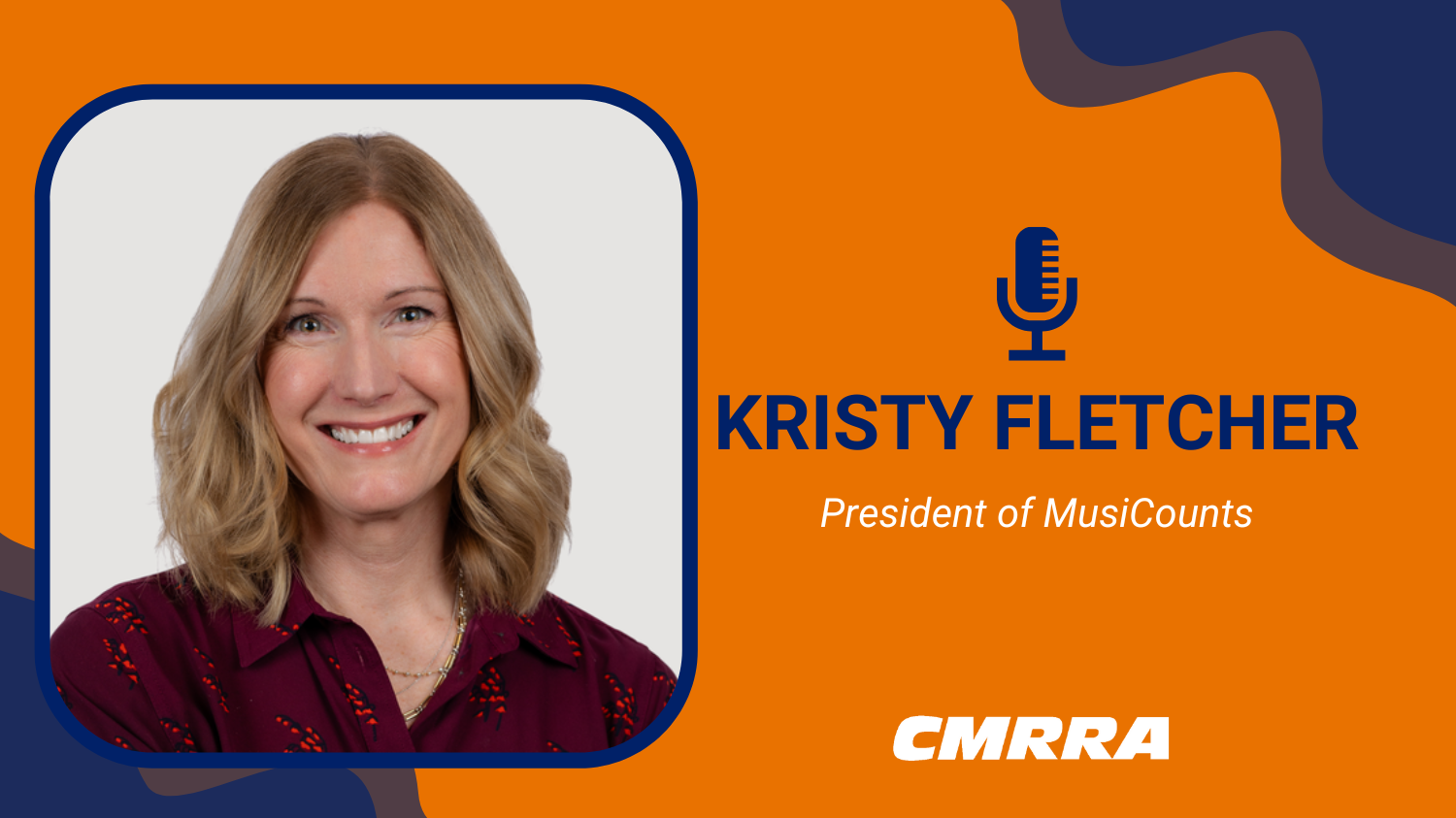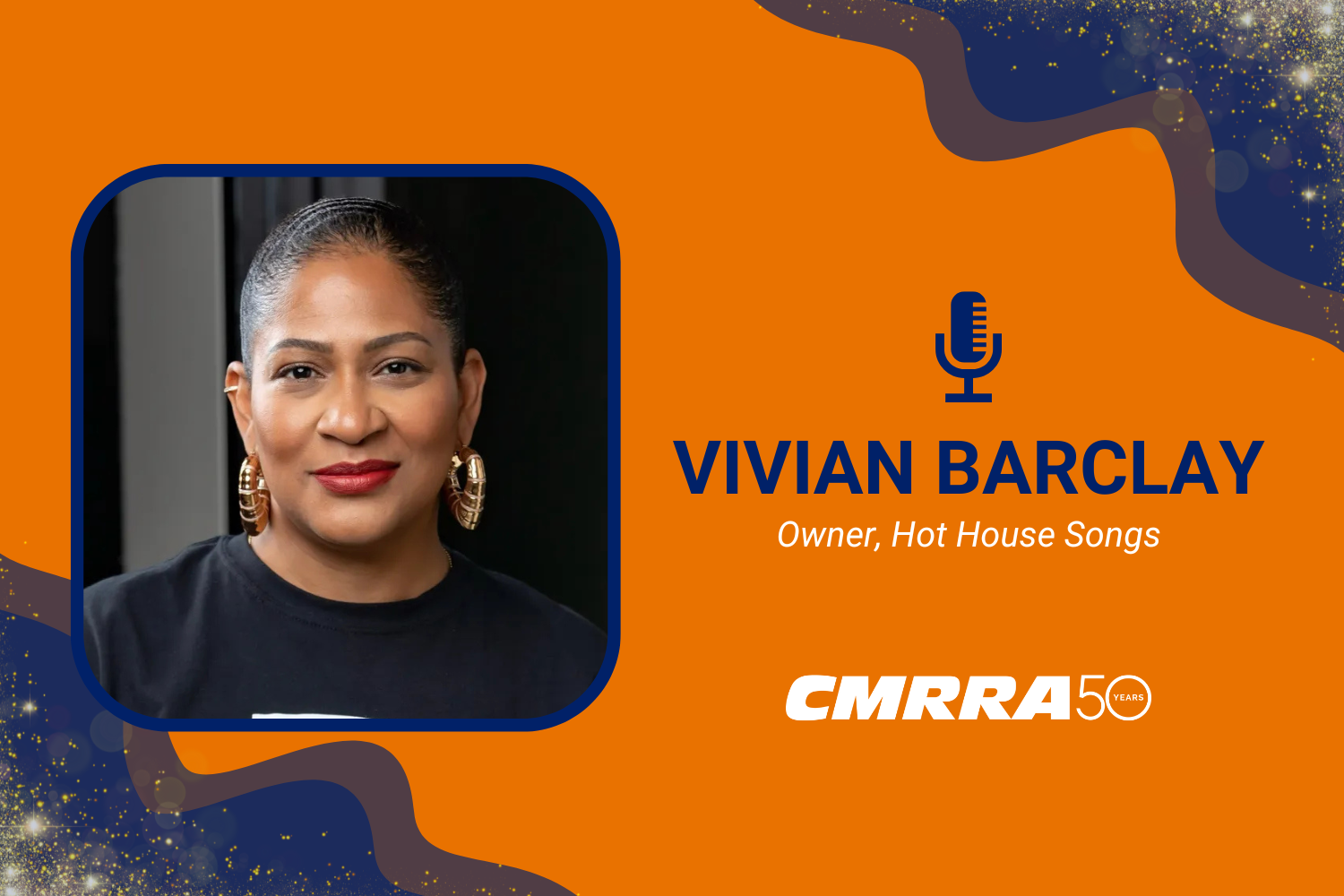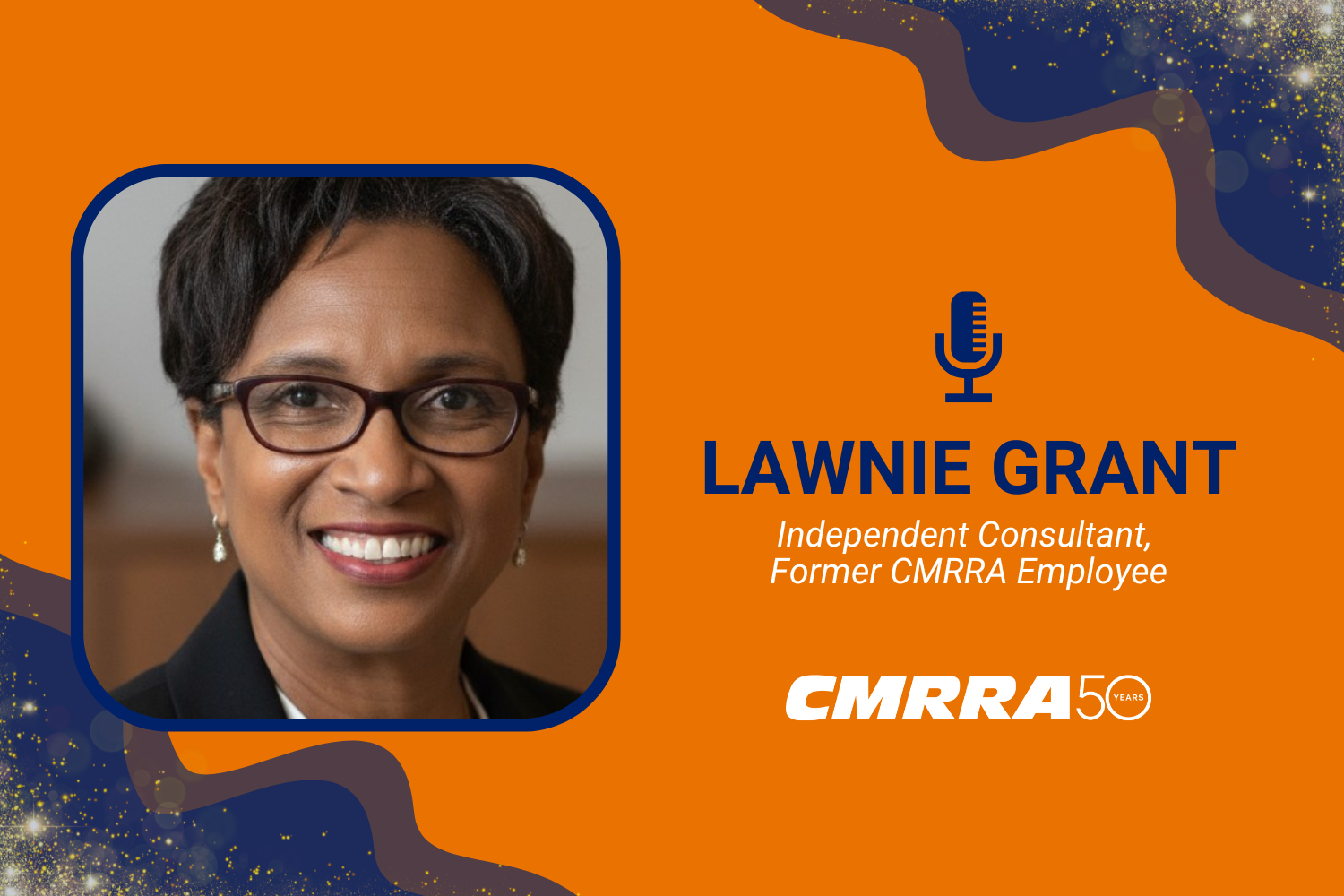By Tabassum Siddiqui
Kristy Fletcher, president of Canada’s music education charity MusiCounts, always loved music, but recalls she didn’t have much access to music studies while in school – a gap that helps inform her role today.
“I am not particularly musical, but I have always been very connected to music,” Fletcher explains. “It’s funny, I am probably a good example of not having had a strong music program growing up – and because of that, I don’t think I was ever able to fully explore that creative side of myself. I’ve always had strong regrets about that.
“I think it helps me now in doing the work that I do with MusiCounts, because I know how important music education is since I didn’t have that same experience. And I’m now able to help bring that to people.”
Fletcher, who joined MusiCounts in 2016, spent two decades working in the sports and entertainment sector with Maple Leaf Sports & Entertainment (where she helped shape the community relations and membership strategies for the Toronto Maple Leafs and Toronto Raptors and was instrumental in developing the Leafs’ charitable fund) before deciding a career change was in order.
“I never thought I would find myself in the music industry,” she says. “I knew I wanted to do something different, but wasn’t sure exactly what that would look like.”
When the position at MusiCounts came up, Fletcher met with Allan Reid, president and CEO of the Canadian Academy of Recording Arts and Sciences (CARAS), which established MusiCounts in 1997. Reid, who was previously MusiCounts’ president, told her how the job had been life-changing for him – exactly what Fletcher needed to hear.
“I loved the fact it was a small organization – and it was a group of people that were so passionate about what they do; I got that sense as soon as I walked in the door,” Fletcher says.
MusiCounts’ focus on connecting young people with music education and resources also resonated with Fletcher on a personal level.
“At the time, I had two kids who were in elementary school, and one of them was having some challenges – and it was music class that really brought him out of his shell. I saw firsthand that transformation through music – his ability to relate to other students in his class; his ability to develop competence at a skill,” she recalls. “And it was not long after that when I joined MusiCounts – it felt very serendipitous.”
Fletcher has been leading MusiCounts’ push to grow its charitable foundation – developing partnerships with corporate backers, Canadian artists, and individual donors – to promote and support music education in Canada.
“We want to make music education accessible, sustainable, and inclusive for young people. In the 25-plus years we’ve been around, we’ve invested over $16 million in musical instruments and equipment to over 1,500 schools and community organizations,” Fletcher notes.
“Music education in Canada is sorely underfunded – and what that results in is fewer music teachers that are specialized within that space,” she says, adding that often teachers from other subject areas must also double as their school’s music teacher. To address that need, MusiCounts also offers resources for educators so they can teach a robust music class.
“Another key focus is that we believe strongly in making sure MusiCounts is adding to the conversation around music-industry sustainability. We want to ensure that students are aware of the many professional opportunities within the industry outside of just performance, such as a songwriter or publisher,” Fletcher explains.
While many kids who study music at school might not necessarily join a band or consider performing, part of MusiCounts’ mandate is letting teachers, guidance counsellors, and students know of the many other opportunities available in the music industry – including songwriting and music publishing.
“Music publishing or being a songwriter for others are areas of the industry that kids have virtually no way of learning about. Even a lot of people within the music industry itself don’t always have the information or knowledge on the publishing side of the business,” Fletcher says. “But we know that it can be a very lucrative and stable career choice – and yet it’s a complete mystery to many music educators.”
To that end, MusiCounts has developed TRACK, an online resource that offers an overview of different opportunities within the music industry.
“We work closely with music publishers and Canadian publishing organizations, including CMRRA, to make sure we’re including all the relevant information,” Fletcher says. “And we do mentorship sessions for our scholarship students and always include publishing within that as part of our effort to make sure we are keeping emerging industry professionals aware of this part of the business.”
Fletcher notes that MusiCounts often invites singer-songwriters and others involved in publishing to mentorship sessions and in-class talks, where they discuss the creative process and the business end of their craft.
“We aren’t always the subject-matter experts, but we want to make sure we can connect students and teachers with those who are, whether that’s connecting with an organization such as CMRRA or CARAS, or continuing to develop our online resources,” Fletcher says.
“When we’re working with our scholarship students and bring them to Toronto for a very intensive week of mentorship, they are extremely interested in the publishing and licensing side of things. We find it’s always one of our most popular sessions, and since they often come in without a lot of knowledge in that area, being able to share the steps they can take to ensure they’re getting paid for their work is such valuable information.”
As a critical part of Canada’s music ecosystem, MusiCounts faces many of the same challenges as the wider industry, but as a charitable and educational organization, advocacy and awareness remain top of mind.
In addition to working with educators to present the music industry as a viable career option, advocating for the investment in music education is critical – “because without music class, there obviously is no music industry,” Fletcher points out.
“The larger challenge for MusiCounts is about awareness-building – we have done a good job of making people aware that we put musical instruments into schools and help sustain music classes, but I’m not sure people always make the connection that MusiCounts therefore helps sustain the music industry long-term.
“And that’s a big part of what we have been trying to share over the past several years: that we need to make sure music education is healthy in the classroom, because that will translate into a healthier music ecosystem overall.”
MusiCounts – much like the industry as a whole – is also wrestling with how ever-evolving technology is critical to the sector, and to the next generation kickstarting their music careers. Understanding how to use online platforms effectively – and ensuring creators get paid for their work – is imperative, Fletcher says.
“For young people, social media and other online platforms have become such a big part of how they’re launching their career. They need to understand so many facets – how to market themselves, touring and entertainment law, how to get paid through using resources like CMRRA – those are all key pieces of information we can help share.”
It’s perhaps fitting that Fletcher leads an organization dedicated to education – she says lifelong learning is at the heart of her leadership style, especially after switching industries deep into her career.
“I’d say I’m very much a collaborative leader – I think one of the things about stepping into an industry that was very new to me was that I had so much to learn. And it set up a really cool dynamic with my team in that I had as much to learn from them as they did from me,” Fletcher says.
Part of that commitment includes volunteering with industry groups such as Women in Music Canada, where she sits on the board of directors.
“There has always been a very strong base of women in the music industry who have worked hard to advocate for themselves and to navigate the industry. Then Women in Music Canada was formalized, and I’m very much enjoying being part of it – I’ve learned so much, and hopefully I’m able to contribute a few things to it as well.”
Asked what advice she might have for young people getting their start in the industry, Fletcher says networking – making real and lasting connections – is essential to career growth.
“I don’t think the leadership journey ever ends – I’m now kind of in the last phase of my career, but I feel I still have so much to learn. And I think networking is so important – it’s certainly applicable to all industries, but I find music is a business so strongly based on relationships,” Fletcher says.
“And you need to take the time to nurture those relationships – being able to ask questions and really understand what people are doing. I’ve been lucky to meet so many incredible people in this industry during my time at MusiCounts – and that’s really been through developing those relationships.”
To learn more about MusiCounts, visit www.musicounts.ca.




